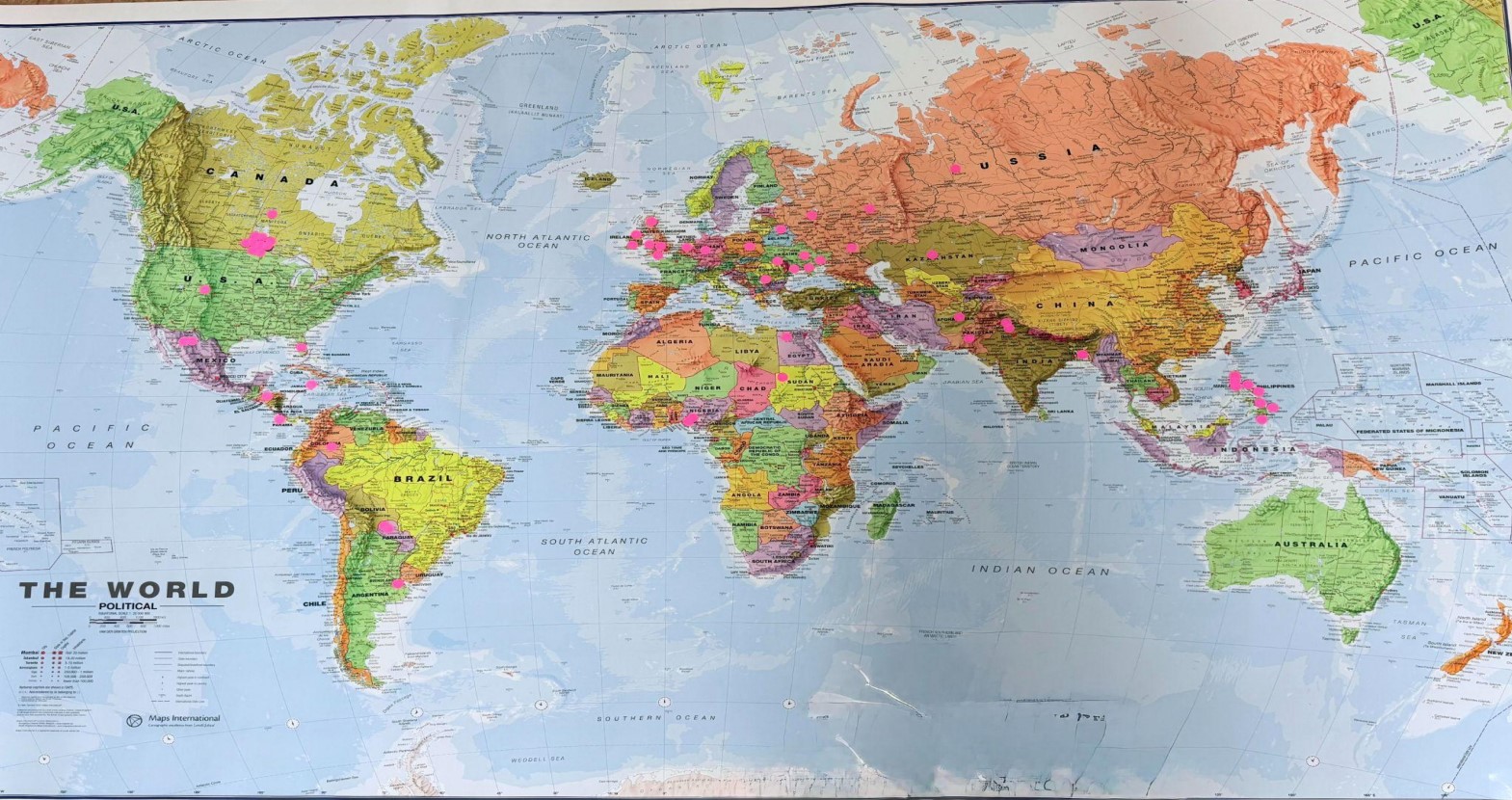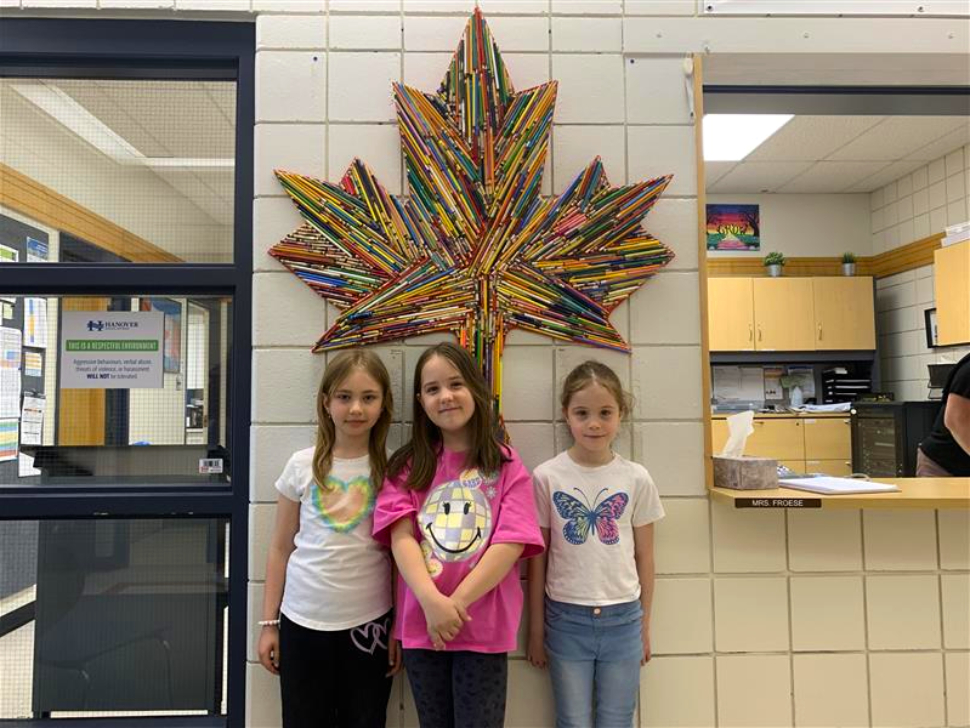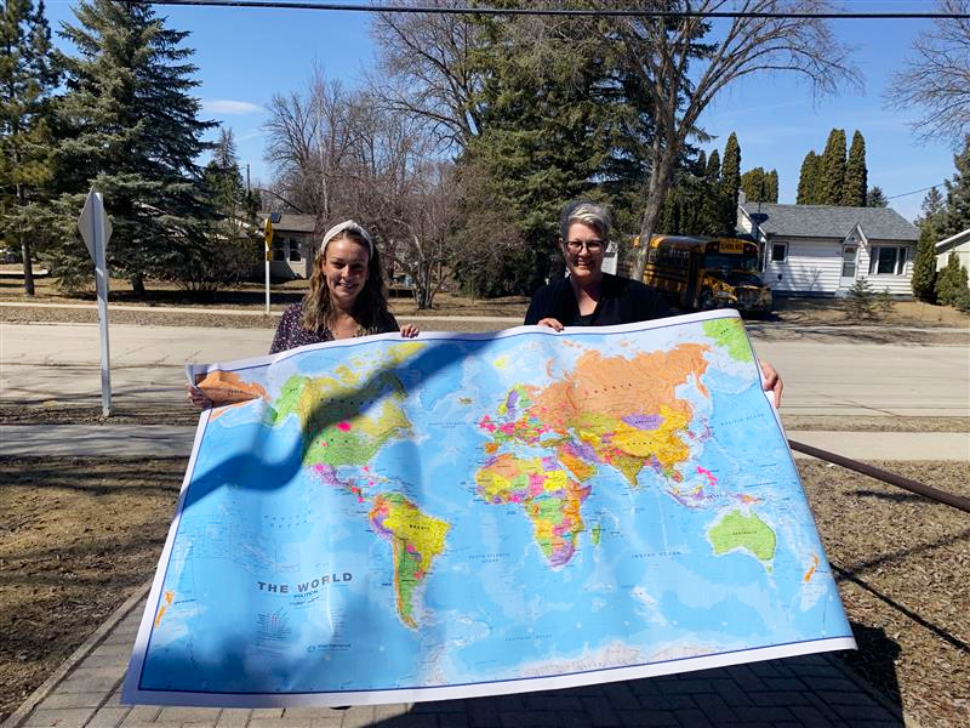English as an Additional Language (EAL) is programming offered in the Hanover School Division (HSD)—and at Steinbach's Southwood Elementary School, it's blossoming.
In a presentation to the HSD Board of Trustees, the school principal, Marge Thiessen, and learning support teacher, Holly Gushulak, showed nearly 40 per cent of Southwood students are engaged in EAL.
They come from a diverse range of backgrounds and experiences, the pair explain, representing 23 countries of origin and 16 different languages.

How EAL Learning works
Given the diversity represented, EAL Learning is "not one-size-fits-all" Thiessen says.
"There are different ways of working with students and helping them to learn English at those different stages. So the early stage would be stage one," she says. "We had quite a few students in stage one last year, and we worked with them in small groups to learn the basics of fundamental English and some early literacy skills."
Gushulak adds this can look like learning necessary phrases, like asking to go to the bathroom, asking for help, or learning teachers' names.
While many students were in stage one last year, as of March, 67.9 per cent of had progressed to stage three, which is partially characterized by engaging in grade level, English content.
"It's very fluid, and flexes from year to year depending on what the needs of the students are," Thiessen says.
Building a safe space for students
Despite its name, EAL Learning extends beyond learning a new language.
"When students are first newcomers...it's building safety and community, and relationships with them," Gushulak says.
This foundation enables them to feel more comfortable, empowering them to learn. Given the diverse experiences students have, this is essential.
"Sometimes we forget that in situations where war is imminent, there is threat of danger, or those kinds of things, the schooling they have experienced has likely been disrupted," Thiessen says, whether that was by moving to avoid the conflict, school evacuations, or other scenarios.
At times, she says this can make some students feel anxious at school as they are reminiscent of scary experiences.
Southwood's EAL programming takes this seriously, and offers students a space to learn at their own pace, but also to play.
"They haven't necessarily been given the chance, the time, or the opportunity, to learn how to freely play," Gushulak says. "Giving them those experiences—playing games and turn-taking—is such an important social skill for them to be able to function in their classrooms.
Among the students that have benefited from the programming are Marta, Olga, and Viktoriia. They say they came to Canada from Ukraine between two and three years ago.

"I love it," Olga says. "I love my school, I love everything."
"I love gym," Viktoriia enthusiastically adds.
For these girls, a part of that enjoyment is their learning through EAL.
"It's really good," says Marta, with Olga noting "the teachers, the classes, the students, the everything," are what make it so enjoyable.
Each shared that when they left Ukraine, there were loved ones they could not take with them, who they miss dearly.
"When we were on the plane, we were really sad when we were saying goodbye to everyone. Like to my friends, to my cousins, to my grandmas," Olga says.
Marta adds a somber, "Yeah, same."
Viktoriia says she had to leave behind a dog, two cats, and a hamster.
Even in the face of loss, the three say they are thrilled to have made many new friends through EAL Learning.
"I made a lot of friends, I don't even remember their names so much," Olga says.
The impact of EAL Learning
Gushulak says it's been incredible to see students in EAL grow from shy and not speaking very much, to sharing in class and opening up to trying English.
The programming also provides students with one more tool to add to their already hefty set, she says.
"Being able to speak multiple languages is a huge benefit," she explains.
"A lot of our students, when English is an additional language, it's not their second language. It's their third or fourth, and for a couple of them it might be their fifth," she says.
